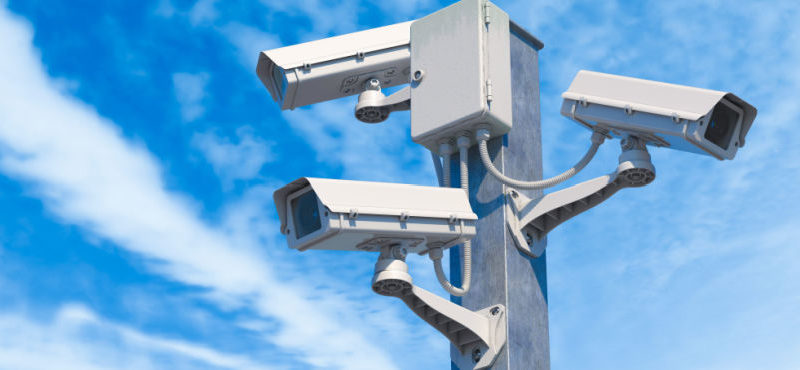Network based (Internet protocol) security cameras capture and transmit video footage over the internet or a local area network (LAN). These cameras will usually connect with their home network via wi-fi or ethernet cable and are typically used with NVRs (network video recorders) and DVRs (digital video recorders). There are many benefits to having this system installed for your enterprise or residential property, however, they come with certain limitations too. To help you decide whether this is a good surveillance option for you, here are some pros and cons of network based security cameras.
Pros of Network Based Security Cameras
- Quality of Image
If you need the best resolution, you should always go for IP cameras. When compared to analogue cameras, digital IP cameras offer much higher resolution and image quality. Additionally, you also get access to useful features like zoom and focus within the shot via a remote location.
- Ease of Installation
Unlike analogue cameras, IP cameras connect to their base network via a single cable. This cable will power the camera as well as serve as the medium for data transfer. Overall, there is significantly less equipment required to install IP cameras as the need to convert the video becomes redundant. You can also expand the network with multiple cameras without having to purchase additional gear.
- Multi-tier Security
The data captured by IP cameras is encrypted using a key, meaning your video footage will never fall into the wrong hands. This is a huge benefit over analogue cameras which are open to theft.
- Compatibility
Due to cross-platform compatibility, IP cameras can be used in harmony with other web based applications. This comes in handy when you are using them as part of an attendance management system. This is not only going to save you time and money, but also boost the scope of other monitoring applications. You can easily employ them at remote locations in your work area to capture the hours spent by workers.
- Accessibility
The feed from IP cameras can be accessed from any location with a device that is connected to the internet, provided you have access to the base network. In other words, you can use any computer, laptop, or cell phone to access and download video footage captured by your IP camera.
- Convenience
One of the most significant advantages of IP cameras is the ability to store data on the go. Each footage captured by the camera can be programmed to be saved on a central repository on a cloud-server. The need to save this data on hard drives, CD’s, or USB drives is a thing of the past.
Cons of Network Based Security Cameras
- Cost
The biggest drawback of IP cameras is the cost. The more features you request to have in your network, the more cost you can expect to pay for the service. The jump from an analogue system to an IP based system can also set you back handsomely, however, once installed, you can easily upgrade or scale up or scale down your network based on your needs.
- Bandwidth
Since these cameras require an internet connection to work, without one, you will not have access to any of the features including the video feed captured by these cameras.
At Highland Wireless, we leave no stones unturned when working to make an enterprise safe and secure. Whether you are looking for fleet cameras or high-end network based security cameras, our team of experts can help you with the best-in-class tools and technology. To learn more about how you can secure your business with IP cameras, contact us today!

